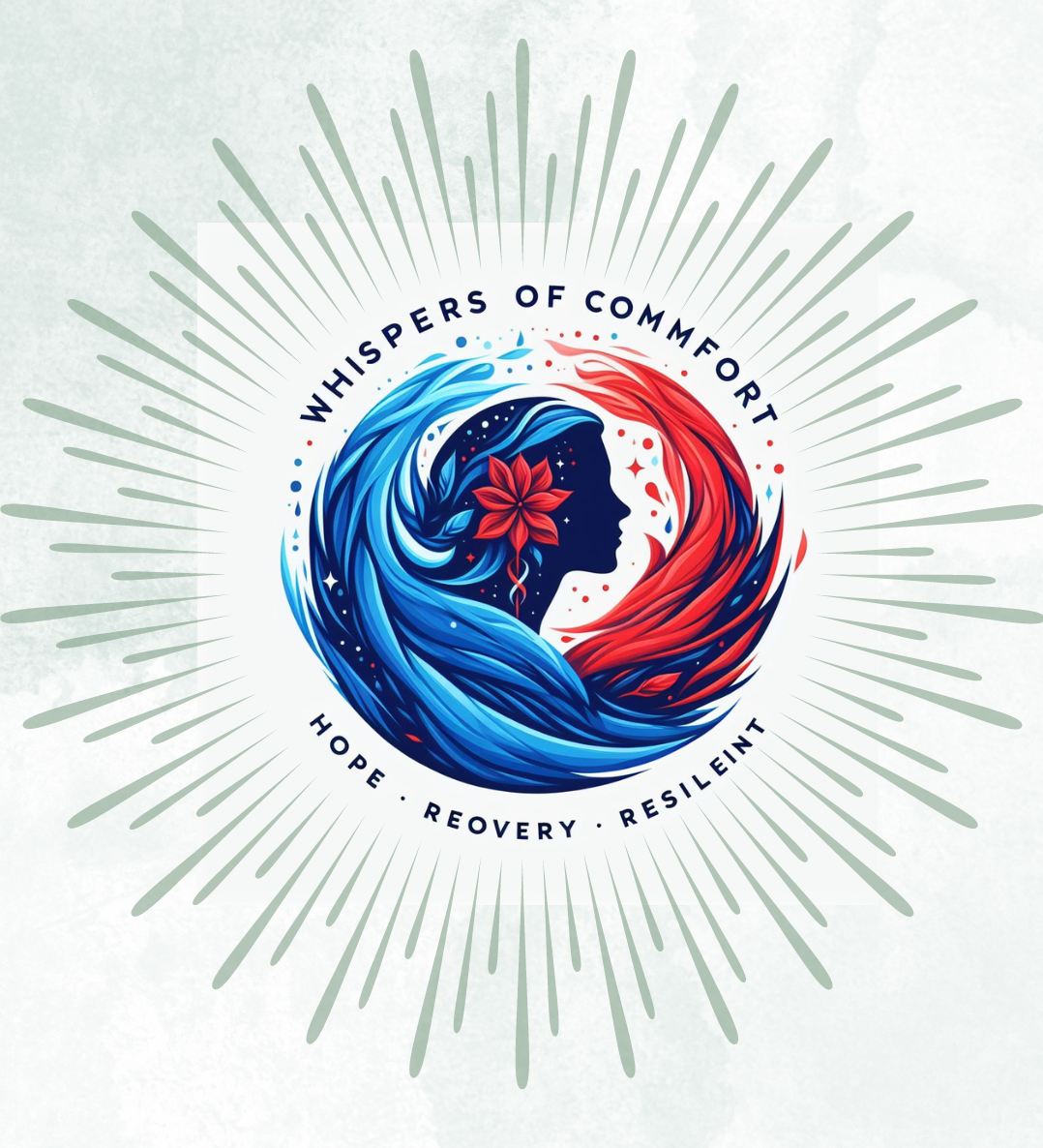
This article delves into the intricate relationship between severe depression and suicide.
I’m here to help you understand the serious nature of severe depression. It’s not just a case of feeling down or blue; it’s a debilitating mental health condition that impacts every aspect of life. Think of depression as a spectrum. On one end, there’s the occasional sadness everyone feels from time to time. On the other, there’s severe depression, characterized by an overwhelming sense of despair that doesn’t fade with time.
You’re going to find out about the crucial symptoms that define severe depression: persistent feelings of hopelessness, loss of interest in almost all activities, changes in sleep and appetite, difficulty concentrating, and extreme fatigue, just to name a few.
If you want to grasp how this type of depression affects someone’s day-to-day life, imagine having to perform simple tasks, like getting out of bed or making a meal, but it feels as though you’re trying to move with heavy weights attached to your limbs. The sheer effort it takes to function can feel insurmountable.
This isn’t just about the psychological pain of severe depression; it’s also about the real, increased risk of suicide. When someone’s mental anguish becomes too intense, the thoughts of ending one’s life come into play as a way to escape the pain. It’s crucial to understand that severe depression doesn’t just hurt; it can be lethal.
Decoding the Warning Signs of Suicide Linked to Severe Depression
I’m going to address a difficult, yet crucial topic: the warning signs of suicide in the context of severe depression. Understand that suicide often isn’t impulsive; rather, it can be the tragic endpoint of a complex web of mental health challenges.
You might be surprised to know there are often clear signals that someone with depression is at risk. These signs range from expressions of helplessness or being a burden to others, to making arrangements or saying goodbyes.
Detecting these warnings early could be life-saving. It’s essential to take any talk of death or self-harm seriously, and never dismiss such conversations as mere attention-seeking. Likewise, a sudden shift from extreme depression to calmness might indicate a person has made a decision that offers them morbid relief. That’s when intervention is most critical.
If you notice these signs in someone, encourage them to seek professional help. Initiate conversation, show empathy, and offer your support without judgment. And remember, resources like suicide prevention hotlines can provide immediate assistance.
So here’s something crucial: a healthy gut may play an underrated role in mental well-being. This brings us to the unexpected connection between gut health and depression, which I’ll explore next. Your gut health influences your brain health more than you might think, and nurturing your body’s microbiome may help alleviate some of the symptoms associated with severe depression.
The Intriguing Connection Between Gut Health and Depression

Have you ever considered that the health of your gut might influence your mood? Surprisingly, there’s a profound connection between the two. The gut-brain axis, a complex communication network linking your gastrointestinal tract and your brain, is at the heart of this relationship. It’s fascinating to know that the trillions of microorganisms residing in your gut might affect your mental health.
Let me break down the microbiome’s role for you. It’s like a bustling city inside your gut, and its inhabitants, the gut flora, are not just passive residents. They produce substances that can signal to the brain, influencing our emotional state. These tiny creatures can manufacture neurotransmitters, such as serotonin and gamma-aminobutyric acid (GABA), which play a crucial role in regulating our mood.
You’re probably wondering if there’s scientific backing for this. Well, recent studies have indeed found links between gut health and mental health conditions, such as depression and anxiety. One key finding is that individuals with depression often have altered gut microbiomes compared to those without depression. This indicates that the balance of bacteria in our guts can have an undeniable effect on our mental wellbeing.
So how do we harness this knowledge to combat depression? Adjusting our diets to improve gut health appears to be a promising start. Including probiotics and prebiotics can encourage a diverse and robust gut flora. Another strategy is reducing the intake of foods linked to inflammation, as they can negatively impact gut health and, by extension, mental health.
In my opinion, understanding the connection between the gut and the brain opens up a new avenue for addressing depression’s challenges. This isn’t just about taking medication; it’s also about looking after our digestive systems as part of a holistic approach to mental health. And this ties perfectly into our next discussion: how simple lifestyle changes, such as a balanced diet and regular exercise, form part of a comprehensive strategy for building resilience and preventing suicide.
Building Resilience: Steps to Protect Mental Health and Prevent Suicide

I’m going to walk you through some practical measures you can take to build better mental health resilience. This isn’t just about dealing with the challenges of today; it’s also about being prepared for what the future may hold.
It all starts with realizing that your physical health significantly impacts your mental state. Regular exercise and a balanced diet are not just good for your waistline; they can be powerful tools against depression. Numerous studies have shown the benefits of physical activity in releasing endorphins and improving mood.
Beyond the gym, therapeutic options like cognitive-behavioral therapy (CBT) and mindfulness-based practices can provide substantial relief for those struggling with severe depression. In my opinion, it’s crucial to find a therapy that resonates with you, one that you feel comfortable with and committed to.
However, don’t worry too much about having to go through this alone. There’s immense power in open communication. Simply talking about what you’re going through can be incredibly liberating. And if you’re witnessing someone else struggling, don’t hesitate to offer an ear – it could make all the difference.
In building a society that values mental health, we should aim to destroy the stigma surrounding depression and seeking help. This includes equipping workplaces, schools, and communities with the knowledge and tools to support those in need.
You can always adjust your approach down the road, but your first attempt does not need to be your last—every step, whether small or significant, is progress. And remember, choosing something that resonates with you will make it so much easier to stick with over time.
I hope this article guides you towards a healthier mental state or provides the information you need to help someone else. A lot is happening very quickly in the world today, and ensuring we’re mentally fit to face these changes is paramount.
The connection between severe depression and suicide underscores the urgent need for awareness, understanding, and proactive measures. As we deepen our understanding of this mental health crisis, it becomes imperative to foster a compassionate environment where individuals feel safe to find help.
By so doing, we can work towards reducing the prevalence of suicide and offering hope to those battling severe depression.
Kindly leave your comments and share your experiences below.
Simplified. Turn YOUR Passion, Hobby or Interest into YOUR Success Story! Join Wealthy Affiliate today: https://www.
**Here’s a little transparency: Our website contains affiliate links. We may receive a small commission if you click and make a purchase. Don’t worry, as there’s no extra cost to you. It’s a simple way to support our mission of bringing you quality content.
Related:
- Best Sleeping Positions To Alleviate Back Pain
- Top Dietary Changes To Prevent Kidney Stones
- Trauma-Focused Therapy Adults
- Different Types Of Spinal Cord Injuries
Follow me on social media!

Wow that was a incredible walk-through I really had now idea someone goes through that this was a extremely an eye opener.im so glad I got to read your article as I have never meet someone that has gone through this and I hope I never do. but thank you for showing the signs I’m glad I read them as I just maybe able to help some one.
my question is this
What are good sign to look for if the person is acting fine but you know they aren’t:
but you don’t know how to bring it up ?
Hi Shawn,
Thank you for your contributions to this article.It’s very important to recognise the subtle signs when someone seems fine but may be struggling internally.
Irrespective of the outside demeanour, some of the signs to be on the lookout for include: changes in behaviour that seem out of character; isolation or withdrawal from social activities; unexplained physical symptoms like fatigue and pain; changes in eating and sleeping patterns; increased irritability; and emotional outbursts, to mention but a few.
Empathy and care should be the watch words when saying things like, ”I’ve noticed you haven’t seemed yourself lately. You can also say, Is there anything you’d like to talk about or anything I can help you with?” This shows concern without being confrontational.
I appreciate your kind words, and I’m glad you found the article helpful.
I wish you all the best,
Makinde
I had a good friend (sadly no longer with us) who suffered from severe depression and went to his doctor on several occasions to discuss his problems. The doctor prescribed a daily dose of tablets which my friend took religiously, and he did settle down. However, he would regularly turn to alcohol as a different “cure” before bouncing back to normality. Is this normal with people who suffer from severe depression or was my friend a one-off?
Hi Pickwick,
Firstly, I am sorry about the struggles and passing of your friend.
I thank you for your contributions and real-life experience to this sensitively important, yet often not-well-addressed topic.
Most times, people with severe depression always look for closet to hide in. This leads them to turn to substance abuse, alcohol, etc, as ways to cope, despite being on prescribed medication in the case of early discovery.
This behaviour is often an attempt to get away from reality, distress and an attempt to manage their symptoms.
However, the seeking of professional guidance remains the safest and most effective means of treatment in such situations.
We must also remember to always communicate with, and check-in on our friends and loved ones who we believe might be showing signs and symptoms of depression.
I appreciate your feedbacks and insightful comment.
Regards.
Makinde